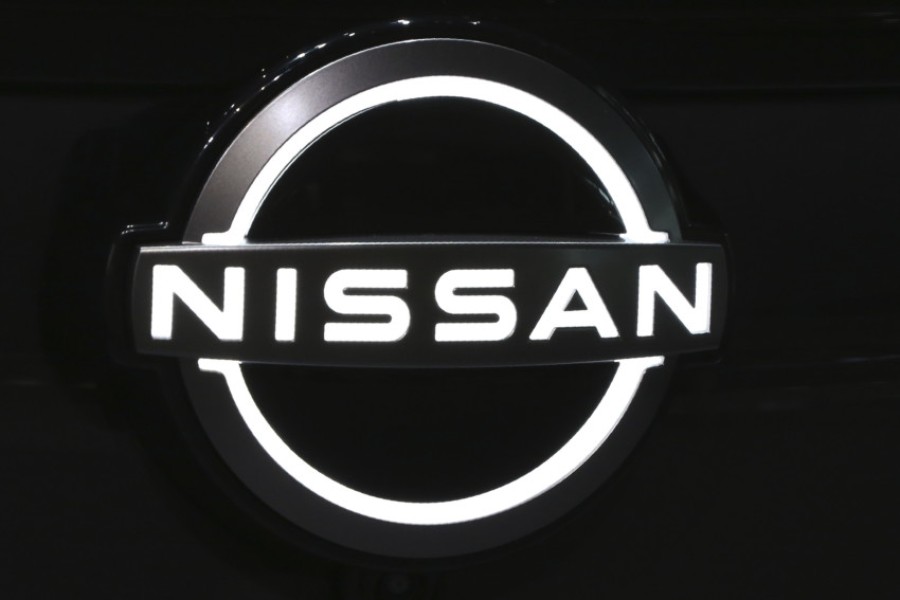Nissan in U.S. warns owners of older vehicles not to drive them due to risk of exploding air bag inflators

Nissan is urging the owners of about 84,000 older vehicles to stop driving them because their Takata air bag inflators have an increased risk of exploding in a crash and hurling dangerous metal fragments.
Wednesday's urgent request comes after one person in a Nissan was killed by an exploding front-passenger inflator, and as many as 58 people were injured since 2015.
“Due to the age of the vehicles equipped with defective Takata air bag inflators, there is an increased risk the inflator could explode during an air bag deployment, propelling sharp metal fragments which can cause serious injury or death,” Nissan said in a statement.
Nissan said the “do not drive” warning covers certain 2002 through 2006 Sentra small cars, as well as some 2002 through 2004 Pathfinder SUVs, and 2002 and 2003 Infiniti QX4 SUVs.
The company says owners should contact their dealer to set up an appointment to have inflators replaced for free. Nissan also is offering free towing to dealers, and in some locations mobile service and loaner cars are available.
“Even minor crashes can result in exploding Takata air bags that can kill or produce life-altering, gruesome injuries," the U.S. National Highway Traffic Safety Administration said in a statement. “Older model year vehicles put their occupants at higher risk, as the age of the air bag is one of the contributing factors.”
Nissan originally recalled 736,422 of the vehicles in 2020 to replace the Takata inflators. The company said around 84,000 remain unrepaired and are believed to still be in use.
Nissan said it has made numerous attempts to reach the owners with unrepaired Takata inflators.
The death was reported to NHTSA in 2018, the company said. The person killed was in a 2006 Sentra, according to Nissan.
The death is one of 27 in the U.S. caused by the faulty inflators, which used volatile ammonium nitrate to create a small explosion to inflate air bags in a crash. The chemical can deteriorate over time when exposed to high temperatures and humidity. It can explode with too much force, blowing apart a metal canister and spewing shrapnel. More than 400 people in the U.S. have been hurt.
Worldwide at least 35 people have been killed by Takata inflators in Malaysia, Australia and the U.S.
Potential for a dangerous malfunction led to the largest series of auto recalls in U.S. history, with at least 67 million Takata inflators involved. The U.S. government says many have not been repaired. About 100 million inflators have been recalled worldwide. The exploding air bags sent Takata into bankruptcy.
Honda, Ford, BMW, Toyota and Stellantis and Mazda have issued similar “do not drive” warnings for some of their vehicles equipped with Takata inflators.
Previous Story
- China's manufacturing activity expands in March after a...
- BYD: Chinese electric vehicle giant with surging profits
- Xiaomi CEO teases price on upcoming car, showrooms...
- How EVs became such a massive disappointment
- How to watch Honda unveil its new EV...
- The first EV with a lithium-free sodium battery...
- GM's Cruise suspends its employee equity program
- Fisker cuts 2023 production forecast as it struggles...